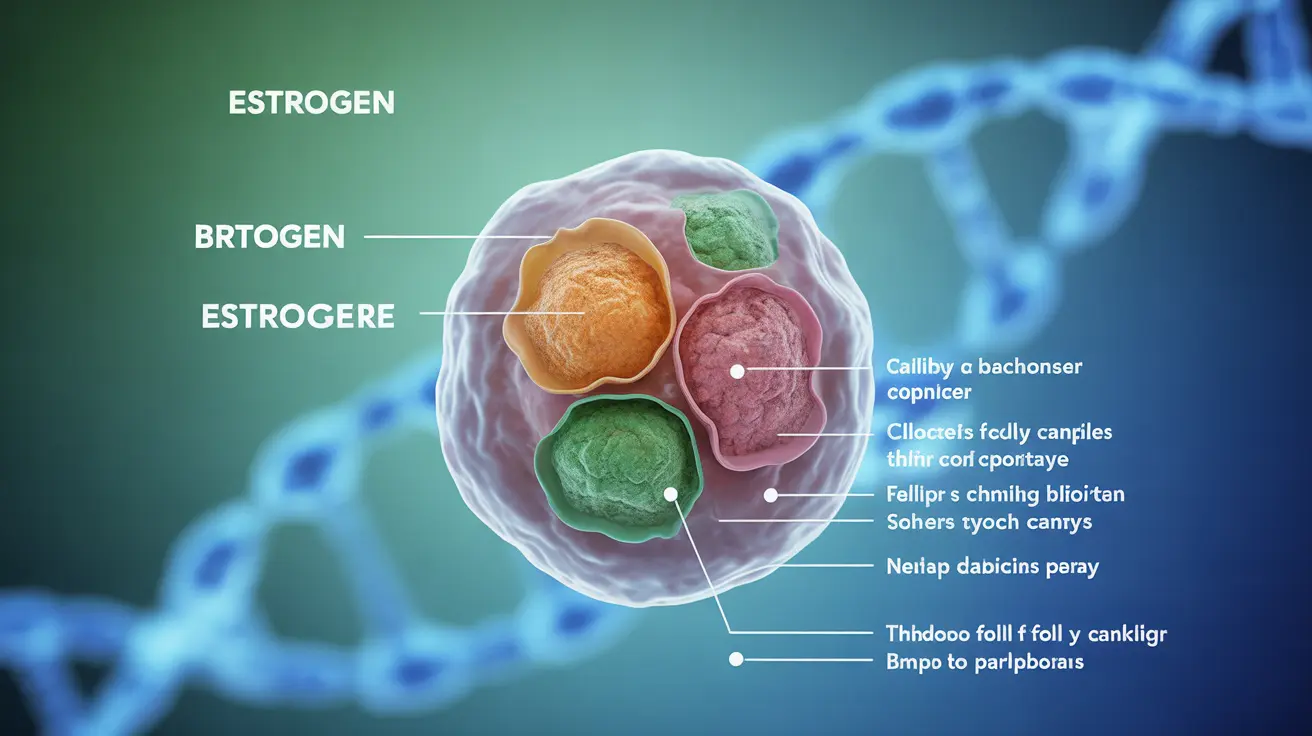The relationship between birth control and cancer has been a topic of significant scientific research and public interest. As millions of people worldwide use hormonal contraceptives, understanding their potential effects on cancer risk is crucial for making informed healthcare decisions.
Modern birth control methods have evolved significantly, and while some concerns exist about their relationship with certain cancers, research shows a complex picture where these medications may increase the risk of some cancers while potentially protecting against others.
The Connection Between Birth Control and Cancer Risk
Hormonal birth control methods work by altering hormone levels in the body, primarily estrogen and progestin. These hormonal changes can affect various biological processes, including cell growth and division, which explains their potential influence on cancer risk.
Increased Cancer Risks
Research has identified certain cancers that may have an increased risk association with hormonal birth control use:
- Breast cancer: Slight increase in risk, particularly during active use
- Cervical cancer: Modest increase in risk with long-term use
- Liver cancer: Rare but possible increased risk in long-term users
Protective Effects Against Certain Cancers
Interestingly, hormonal birth control has shown protective effects against several types of cancer:
- Ovarian cancer: Significant risk reduction
- Endometrial cancer: Substantial protective effect
- Colorectal cancer: Moderate risk reduction
Types of Birth Control and Their Cancer Risk Profiles
Different formulations of birth control can have varying effects on cancer risk. Understanding these differences is essential for making informed decisions about contraception.
Combination Birth Control Pills
These pills contain both estrogen and progestin, and their risk profile includes:
- More studied than other formulations
- Generally associated with both protective and risk-increasing effects
- Risk levels may vary based on duration of use and individual factors
Progestin-Only Methods
These methods, including mini-pills and certain IUDs, have shown:
- Potentially lower risks compared to combination pills
- Fewer overall side effects
- Different cancer risk profiles that require further research
Duration of Risk and Recovery Period
The cancer risk associated with birth control isn't permanent. Research indicates that risk levels change after discontinuing use:
- Risk generally decreases after stopping
- Most elevated risks return to baseline within 5-10 years
- Protective effects may persist longer than increased risks
Frequently Asked Questions
- Does taking birth control pills increase my risk of developing breast or cervical cancer?
Yes, there is a slightly increased risk of both breast and cervical cancer while taking birth control pills. However, this risk is generally small and decreases after stopping use.
- How does birth control lower the risk of ovarian, endometrial, and colorectal cancers?
Birth control pills suppress ovulation and regulate hormonal cycles, which can reduce cell division and inflammation in these tissues. This mechanism helps lower the risk of these specific cancers.
- Are there differences in cancer risk between combination birth control pills and progestin-only pills?
Yes, there are differences. Combination pills have been more extensively studied and show both protective and risk-increasing effects, while progestin-only methods generally show fewer overall risks, though more research is needed.
- How long does the increased cancer risk from birth control pills last after I stop using them?
Most increased cancer risks gradually decline after stopping birth control pills, typically returning to baseline within 5-10 years. The protective effects against certain cancers may persist longer.
- Should women with a family history of cancer avoid hormonal birth control methods?
This decision should be made individually with a healthcare provider. While family history is important, other factors such as specific type of cancer history, personal health factors, and alternative contraception options need to be considered.
The decision to use hormonal birth control should always be made in consultation with a healthcare provider who can evaluate individual risk factors and help determine the most appropriate contraceptive method.




